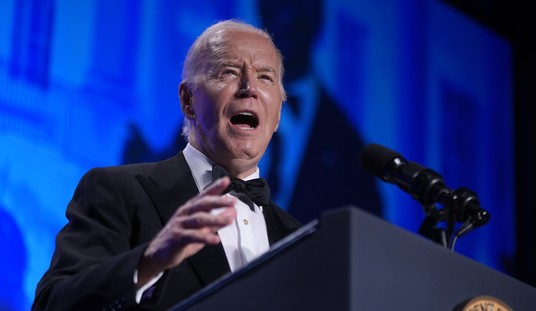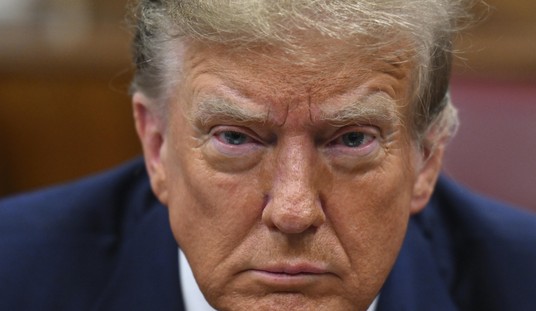United States District Court Judge Matthew Brann issued a Scheduling Order today in the Trump v. Boockvar case filed this past Monday.
Normally this type of Order is entered into following a conference call with the parties to confirm that the dates set forth can be complied with when they involve “shortened time” — meaning these dates provide the parties wth far less time than is normally provided under the Rules of Civil Procedure. I’m sure Judge Brann made it clear that these matters were going to be accomplished on an expedited basis involving a dramatically shortened time frame from the filing of the complaint.
By 5:00 pm today – which is significant because most federal filing deadlines are by “date”, and with electronic filing, the date can be complied with up until midnight, but not here — the Defendants must file their motions to dismiss, and the Trump Campaign must file its motion for preliminary injunction. The Response to Motions to Dismiss must be filed by 5:00 pm on Sunday, and the Reply to that Response must be filed by 5:00 pm on Monday.
Oral arguments on the motions to dismiss will be held on Tuesday at 1:30. But the Court also scheduled an evidentiary hearing — meaning witnesses will be called to testify under oath — on Thursday 11/19.
The reason there are two hearings is that with regard to motions to dismiss, under the Federal Rules of Civil Procedure — Rule 12(b) — all facts alleged in the complaint are presumed to be true. Essentially, the manner in which a motion to dismiss is fashioned is to argue that, even assuming all that is alleged in the complaint is true and correct, the plaintiff is still not entitled to the relief that is being sought. These are almost exclusively legal arguments based on statutes and prior case law. I would expect to see a lot of arguments based on various aspects of Bush v. Gore, and other “equal protection” cases involving election disputes and disparate treatment of voters.
It is worth remembering that the Biden campaign was not sued here, and at this point, there is no basis for the Biden campaign to seek to intervene. The actions of political actors at the state and local level in Pennsylvania are under scrutiny, not anything having to do with the Biden campaign. My guess would be — and this could turn out to be wrong — that we will only see documents filed by the Pennsylvania Attorney General’s Office, and maybe the legal office of each of the involved counties. In Pennsylvania, I believe they refer to such offices as “Corporation Counsel”. But it may be the case that the Pennsylvania AG’s office represents all the defendants collectively. We’ll know that later today.
That means this will be a matchup — for now — between private law firms representing the Trump campaign, and the attorneys from the Pennsylvania Attorney General. I don’t have a basis right now to have an opinion on that, but as a general proposition, attorneys making high six and seven-figure incomes from big law firms are able to do that for a reason, as opposed to attorneys working for a state office making between $100,000-200,000 a year.
The second hearing is where we are likely to see more substantive engagement with the factual allegations in the complaint alleging misconduct on the part of both Secretary of the Commonwealth Boockvar, and the seven County Boards of Election who have been named as defendants. This will certainly include testimony under oath from Boockvar and members of the County Boards who will need to explain the procedures they followed and why. This will set the “factual record” of the case for the immediate future — including if the case heads to the Third Circuit Court of Appeals and/or the Supreme Court on a similarly expedited basis.
Finally, some thoughts on Judge Brann.
Federal judges are assigned randomly to new cases by a computer program after a case is filed in the ECF system of a district court. Explaining the basics of the algorithm that accomplishes that task is the topic of another story.
Judge Brann has a lot of question marks attached to him, and my comments here are pure speculation — but speculation based on the fact that my law school roommate began practicing law in Central Pennsylvania in 1988, and has established himself as a fairly well-connected Pennsylvania attorney is a relatively small county. From him, I’ve had a bit of a window into how things work in the Pennsylvania legal community.
Two data points on Judge Brann:
- He was nominated to the bench by Pres. Obama in May 2012.
- He was a member of the Federalist Society
So how does that work??? You don’t become a member of the Federalist Society by accident, and if you are a liberal who joins just so you can obtain information and publications reflecting the conservative judicial point of view, you don’t make reference to your membership. And, his GOP bona fides are backed-up by the fact that he served as a Republican Party official
What is also true about him is that he was a long-time member of a law firm started by his father — Brann, Williams, Caldwell & Sheetz, founded in 1950.
His appointment to the federal district court came near the end of the first Obama term — he was actually confirmed in late December, just prior to the time his nomination would have expired when a new Congress convened in January. This has all the hallmarks of some kind of “deal” between the Obama Administration and someone in Pennsylvania interested in the judicial career of Matthew Brann.
I’m going to dig into this a bit further and try to update this story later.















Join the conversation as a VIP Member